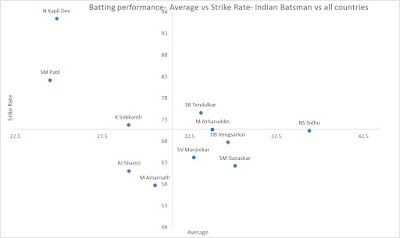Decision Making as Output and Bounded Rationality
The classical economics theories proceed on the assumption of rational agents. Rationality implies the economic agents undertake actions or exercise choices based on the cost-benefit analysis they undertake. The assumption further posits that there exists no information asymmetry and thus the agent is aware of all the costs and benefits associated with the choice he or she has exercised. The behavioral school contested the decision stating the decisions in practice are often irrational. Implied there is a continuous departure from rationality. Rationality in the views of the behavioral school is more an exception to the norm rather a rule. The past posts have discussed the limitations of this view by the behavioral school. Economics has often posited rationality in the context in which the choices are exercised rather than theoretical abstract view of rational action. Rational action in theory seems to be grounded in zero restraint situation yet in practice, there are numerous re...
